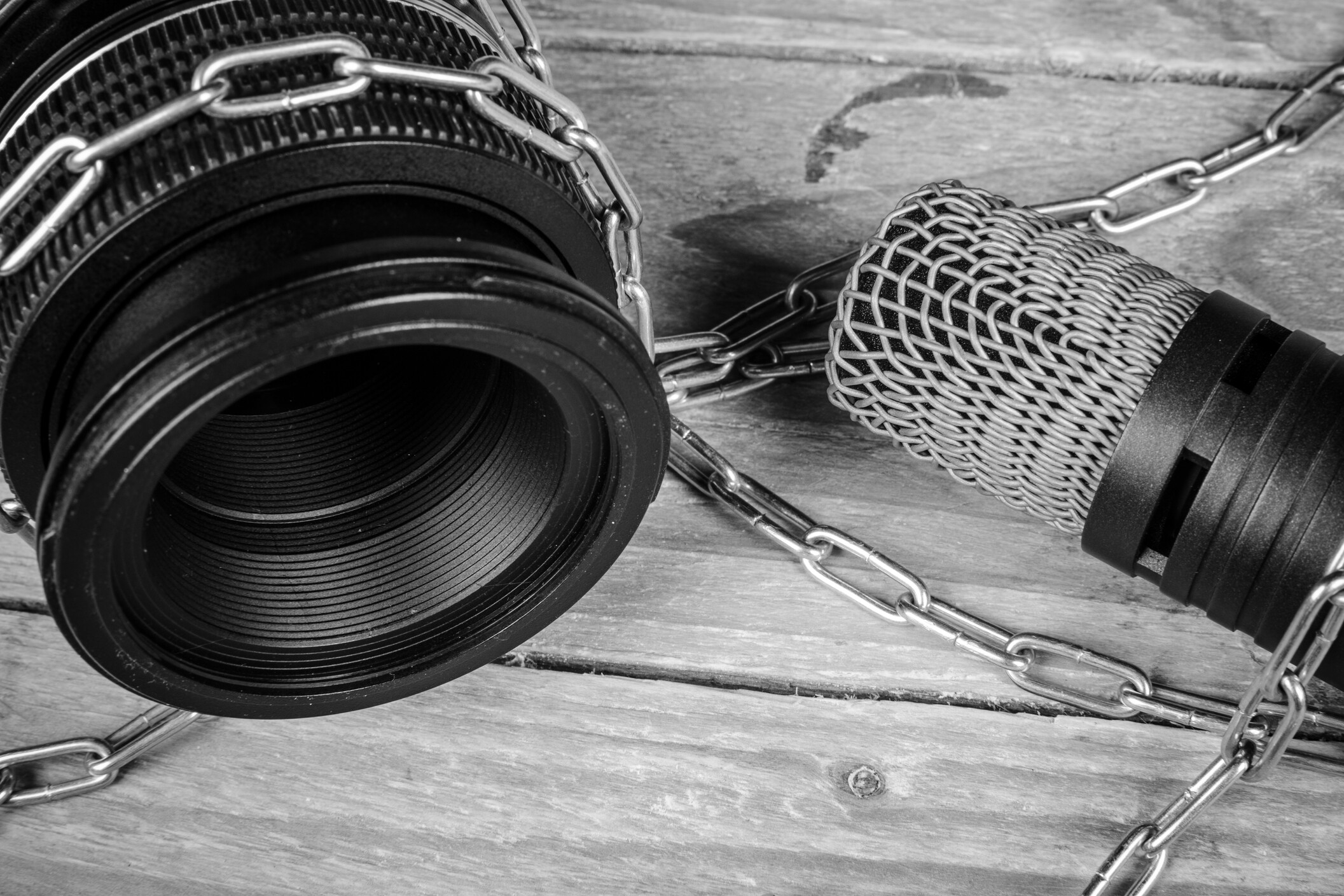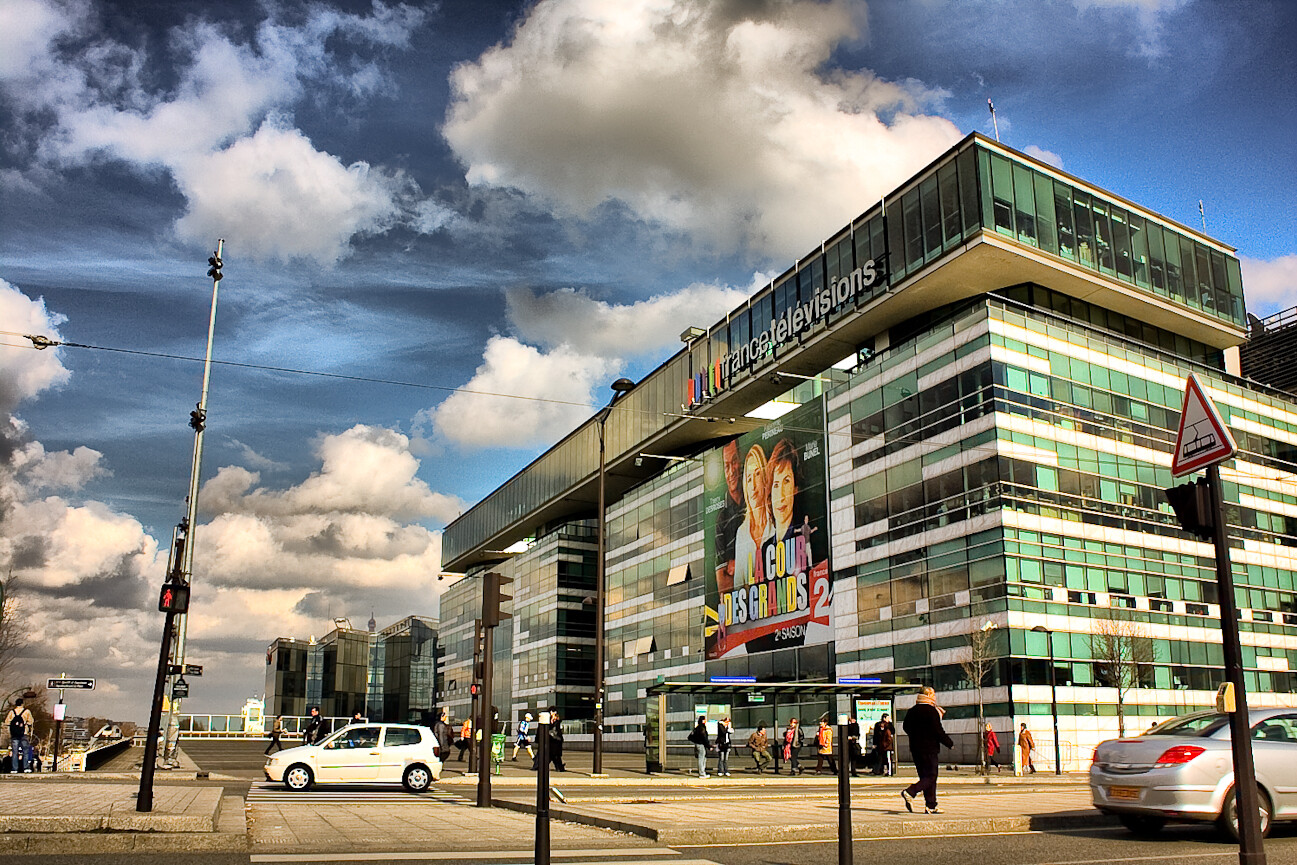The Senate inquiry comes weeks after Reporters Without Borders (RSF) heavily criticised a French media mogul and called for the revision of legislation on media concentration.
On 18 November, a 21-member senate commission of inquiry was established to examine media concentration, the processes behind it, and its impact on democracy in France. The commission was set up following a request from the Socialist Group of Senators, who argued there had been an increased trend of media concentration in the country.
As we’ve explained in our PSM Glossary, media concentration occurs when fewer companies or individuals own an increasing number of shares in mass media. A high media concentration runs counter to a healthy pluralistic media landscape, which provides a diverse range of news mediums, reportage, and perspectives to the public. In this setting, public media is the important independent and impartial voice.
In a statement, the senators said, “The political and general information press is now found in the hands of a small number of men and companies whose main activity is often far removed from the world of information and its principles.” They also emphasised that Parliament, through Article 34 of the French Constitution, has the power to legislate on “freedom, pluralism and independence of the media” and should therefore ensure that these principles are not violated. The inquiry is ongoing as Senators also examine whether to approve a possible merger between TF1 and M6 (two of France’s biggest television organisations). The move is being progressed with the intention of helping both companies compete with leading streaming services.
The inquiry’s first hearing – a roundtable of academics – was held on 30 November. During the session, the academics warned that the existing legislation is outdated and can no longer guarantee pluralism across the different media sectors.
Hearings will continue throughout December 2021 to February 2022, with the report expected to be drafted in March 2022. “We set a goal to finish before the first round of the presidential election, that is to say the end of March […] It will be intense because our goal is to listen to as many people as possible, to have a very wide hearing spectrum. We will start fairly quickly in December,” Laurent Lafon, the commission’s president, revealed. He said stakeholders will include journalists, media owners, channel managers, and representatives of relevant government departments.
“One of the questions we have is: to what extent information can be affected by these phenomena of concentration? These are points that we want to verify.”
Meanwhile, on 14 October RSF issued several recommendations to the French government, including a call to revise the 1986 legislation on media concentration. Like the roundtable academics, RSF called existing legislation outdated and criticised key elements such as its thresholds, its sole limit on horizontal concentration and its insufficient consideration of digital technology.
“The concentration thresholds that [the law] sets are obsolete,” RSF said. “Limiting concentrations in relation to the affected population basins or according to the areas served no longer makes sense when the media are accessible online everywhere and by everyone”. The organisation said that rules on transparency of media ownership must be upheld to ensure that the identities of shareholders and final beneficiaries are revealed. RSF also maintained that the individuals who effectively hold control of media should be clearly identified.
The recommendations followed an RSF documentary on French media mogul Vincent Bolloré, who has been accused of establishing a system of control and intimidation in the media landscape.
“This film, released at a crucial time, when Vincent Bolloré has just increased his media empire a little more by launching a takeover bid on the Lagardère group, is a wake-up call,” RSF’s Secretary General, Christopher Deloire, said. “Such a concentration of media in the hands of a businessman who has a purely utilitarian view of information, a conception of journalism based on servility, and who systematically attacks journalists who investigate his cases poses an obvious threat for democratic debate. New safeguards are urgently needed.”
The fewer news media owners there are, the higher the concentration of ownership. The increased number of media ownership in the hands of a few can be dangerous due to its impact on the diversity of voices and the potential suppression of stories that conflict with the political and economic interests of the media owner. With journalism’s mission to hold power to account, these vested interests on the behalf of the media company can become an overall threat to democracy. Increased media concentration highlights the relevance of editorially independent and publicly funded media. In the face of concentration, public media can ensure that information remains independent of economic, social, and political interests, is impartial, and represents a plurality of groups in society. But public media also accepts it cannot perform this public interest mission alone, and a fully diversified and divested private media landscape is essential for a well-performing journalism sector.
Header image: Panoramic view of the headquarters of the TF1 group. TF1, a subsidiary of the Bouygues group, is the leading French television channel. Credit: HJBC / Shutterstock.com
Related Posts
7th December 2020
Global Security Bill sparks fears for press freedom in France
French government says it plans to…


